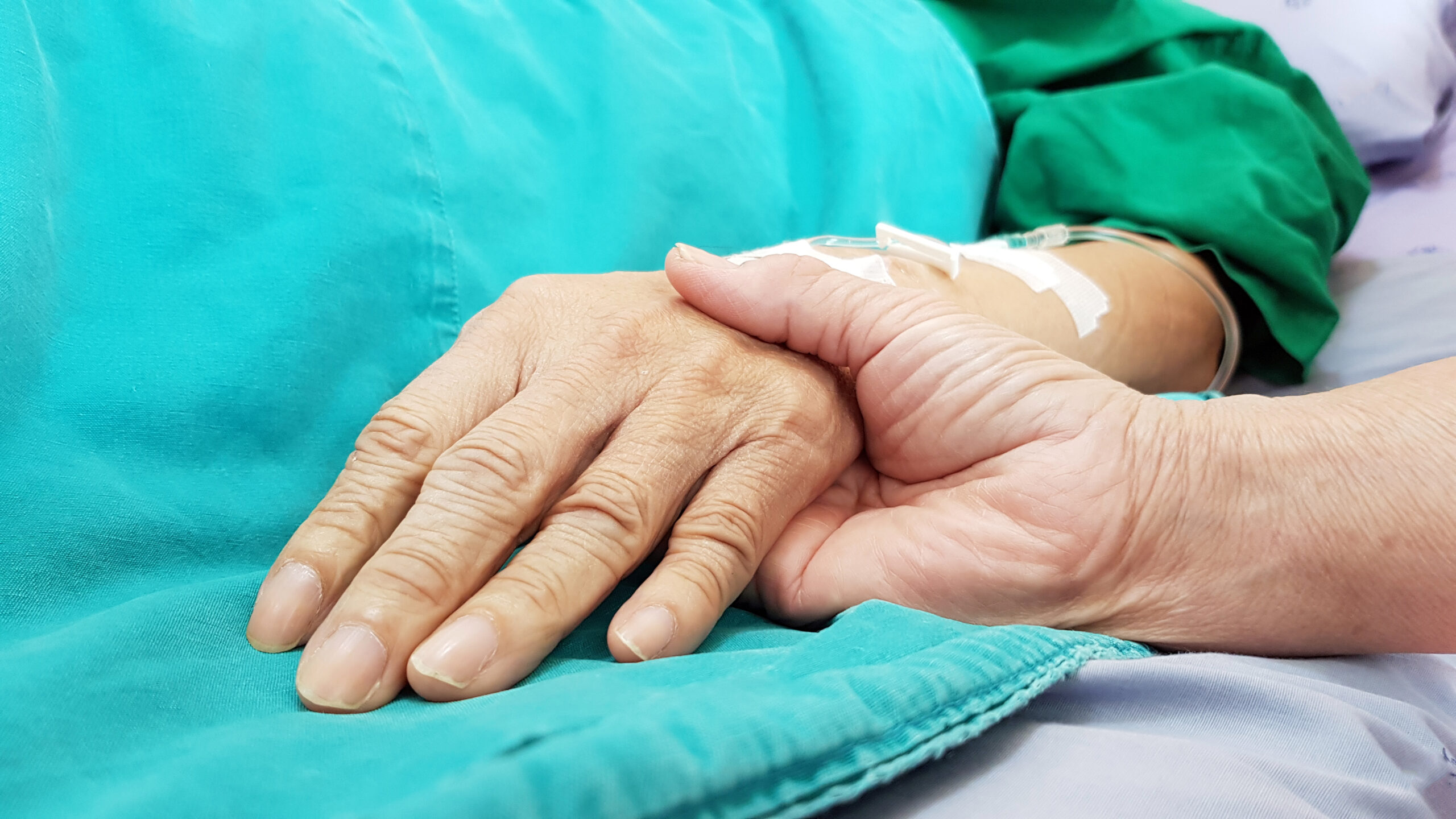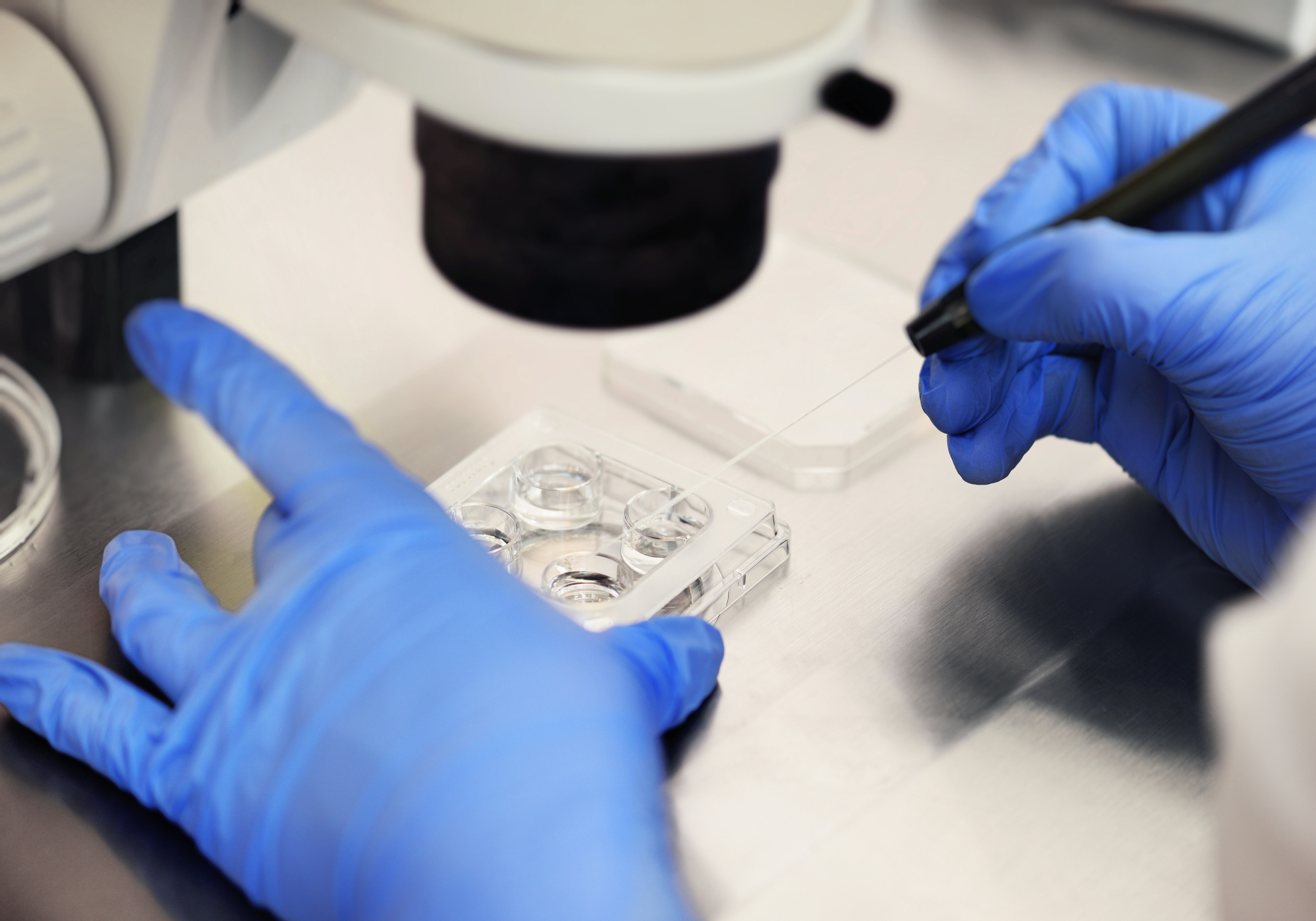
May is Mental Health Awareness Month, and with the public focus on COVID-19 and the pandemic recovery, it seems fitting to discuss the place of mental health in that recovery.
Mental health and behavioral health care have been long-standing areas of concern for the United States. Mental Health America (MHA) notes that even in their top-ranked states for quality of mental and behavioral care, the services available still lag behind the state’s physical health services.[1] Additionally, according to the same article from MHA, “Over half of American adults with mental illness do not receive any type of care . . . less than half of American adults with mental health conditions received any type of treatment.”[2] U.S. News dives deeper into these numbers with: One in six U.S. adults had a mental illness in 2016, according to the National Institute of Mental Health. However, among those 44.7 million people with mental illnesses, including depression, anxiety, and bipolar disorder, only about 43 percent had received treatment in the past year.[3]
Even before the COVID-19 outbreak, demand for mental health services has been steadily increasing. The pandemic has only increased demand for mental health resources. The United States is already seeing the impacts that the pandemic is having on people’s mental health splashed across headlines. Most notably, a New York City pandemic frontline doctor died of suicide, and several Mayors and Governors have cited mental health as a reason to loosen restrictions on access to public outdoor spaces like parks.
With extended isolation, stress, and different forms of loss affecting nearly everyone, public calls have come forth for governments and elected officials to take public mental and behavioral health into consideration when crafting recovery plans. Now is an excellent time to review what different states do to address their public’s mental health concerns.
South Dakota
In South Dakota, mental and behavior health fall under their Department of Social Services, with their Behavioral Health Services divided into Community Behavioral Health, Correctional Behavioral Health, and State Inpatient Behavioral Health.
In addition to listing and recommending regional state-supported treatment centers, South Dakota provides public access and information to apply for federal block grants to support community mental and behavioral health resources. In 2011, in recognition of the need to prepare for the future of mental health care, South Dakota formed the Behavioral Health Services Workgroup that developed a report outlining specific gaps in service, critical areas of need, and recommendations moving forward.
South Dakota’s Correctional Behavioral Health provides services to those committed within the South Dakota Department of Corrections institutions (SDDOC). The SDDOC provides contracted licensed psychiatrists throughout the state’s institutions. These professionals provide consultations, diagnosis, and treatment plan services that are then carried out through therapy and other interventions. Inpatient services for those deemed mentally unfit or too ill to be treated in other settings are provided through the Human Services Centers and are provided for under separate state programming.
Additionally, South Dakota has the County Boards of Mental Illness. According to SDC 27A-7-4, “The board of mental illness has jurisdiction over all applications or petitions for involuntary commitment, for the treatment of any involuntarily committed person, or for the safekeeping otherwise of any person subject to involuntary commitment within its county, except in cases otherwise specially provided for. The board may issue subpoenas and compel obedience to any subpoena, and do any act of a court necessary and proper in the premises for the purpose of discharging the duties required of it.”[4]
Wyoming
Within the Wyoming Department of Health’s Division of Behavioral Health is the Office of Mental Health and Substance Use Treatment Services. These layers provide various levels of support and services, targeted to needs within the umbrella of the state’s oversight and funding. Wyoming, through these offices and divisions, provides regular mental health community grants to help communities and counties provide needed services, in addition to providing support programs for individuals based on their needs. Notably, Wyoming outlines its standards for substance and mental health treatment, which govern all aspects of the mental and behavioral health care Wyoming provides.
Texas
The division of Mental Health and Substance Use falls under the Texas Department of Health and Human Services (TXHHS) and is organized into specialized categories of services such as Crisis, Children’s, Adult, and Adult Substance Use. In addition to connecting Texans to both urgent and nonurgent services throughout the state, each category of programming has an array of aligned services offered to the community.
Notably, TXHHS requires each local mental health authority (LMHA) and local behavioral health authorities (LBHA) to evaluate the mental health needs of communities in their area and plan, develop policy, coordinate services, and use resources to address those needs. Each LMHA and LBHA also is required to consider public input, the ultimate cost-benefit, and client care issues to:
- Ensure people who need services can exercise consumer choice by helping them decide on their services, service provider, and location of services.
- Ensure the best use of public money to create a network of service providers and determine whether to provide a service or to contract that service to another organization.
- Make recommendations on the most appropriate services available to people who need services.
Maryland
Maryland has often been ranked highly for quality state mental and behavioral health programming. The state also organizes its Behavioral Health Administration under the Maryland Department of Health. The state’s Public Mental Health System provides inpatient and outpatient mental health services for those both on Medicaid and non-eligible. Maryland’s resources are extensive, with various levels of programming for both psychiatric and other care, both inpatient and outpatient. Maryland even provides support employment options for those who need employment support in addition to mental and behavioral health supports. In addition to having specialized services for adults and children, Maryland recognizes the importance of both young adults and older adults getting specialized services and care.
The state also has active RFPs for community partners for different methods of outreach and crisis services. Those RFPs are in addition to both their Advisory Council and Advisory Boards that guide patient outreach and services.
[1] https://mhanational.org/blog/best-and-worst-states-mental-health
[2] Ibid.
[3]https://www.usnews.com/news/best-states/slideshows/these-10-states-have-the-best-mental-health
[4] https://sdlegislature.gov/Statutes/Codified_Laws/DisplayStatute.aspx?Type=Statute&Statute=27A-7-4
Latest News
Photo credit: iStock.com/sittithat tangwitthayaphum State legislators have grappled with policies surrounding physicians offering life-ending care to terminally ill patients for many years. Life-ending care enables medical providers to go further than just making patients who [...]
The process of artificial insemination of an egg in an IVF clinic. Reproductive medicine, in vitro fertilization In February 2024, Alabama’s Supreme Court ruled that frozen embryos can be considered children under state law. [...]
Photo credit: iStock.com/SeventyFour According to the Centers for Disease Control and Prevention (CDC), the number of adolescents reporting poor mental health is on the rise. A 2022 CDC report showed that 37% of high school [...]
Photo credit: iStock.com/BeritK Across the country, state legislatures are working to enhance children’s mental health by revising and implementing new policies to identify and manage children’s mental health issues. These efforts include setting behavioral health [...]






Stay In Touch